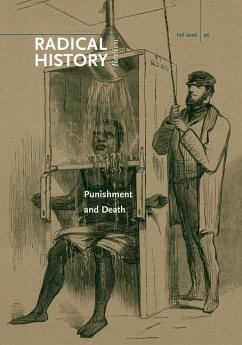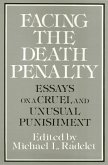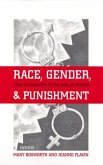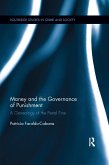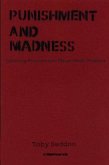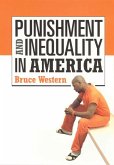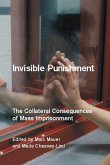This special issue of Radical History Review considers the persistence of death and suffering in the history of punishment to be part of historical legacies created by slavery and colonialism. These essays, which focus primarily on the United States, contend that the most "modern" political systems of the twenty-first century still stand behind mechanisms of violence and death in their geopolitical strategies, sanctioning military use of torture and punishment, much like thoroughly repressive regimes, to incapacitate their enemies and even their own citizens. The issue further argues that the infliction of pain, suffering, and untimely death through punishment is foundational, rather than exceptional, to modern state power. The issue's contributors--comprising both academics and activists--examine the practices of punishment and death imposed upon citizens, particularly through penal systems. One contributor exposes how the indignation and outrage many Americans expressed toward the military torture at Abu Ghraib does not extend to similar instances of torture (beatings, "shower-baths," sexual abuse, etc.) against inmates of color within the U.S. prison system. Another contributor reflects on the unexpected but effective alliance between anti-prison activists and the environmental justice movement in California, which worked to stop the massive prison-building boom of the late twentieth and early twenty-first centuries. Bringing a longer sweep of Western colonialism into view, another essay reveals the racial prejudices within disciplinary processes of Puerto Rico that lingered even after the island's emancipation from the Spanish American empire, leading to unequal distribution ofpunishment on both colonial and domestic subject populations.)
Hinweis: Dieser Artikel kann nur an eine deutsche Lieferadresse ausgeliefert werden.
Hinweis: Dieser Artikel kann nur an eine deutsche Lieferadresse ausgeliefert werden.

